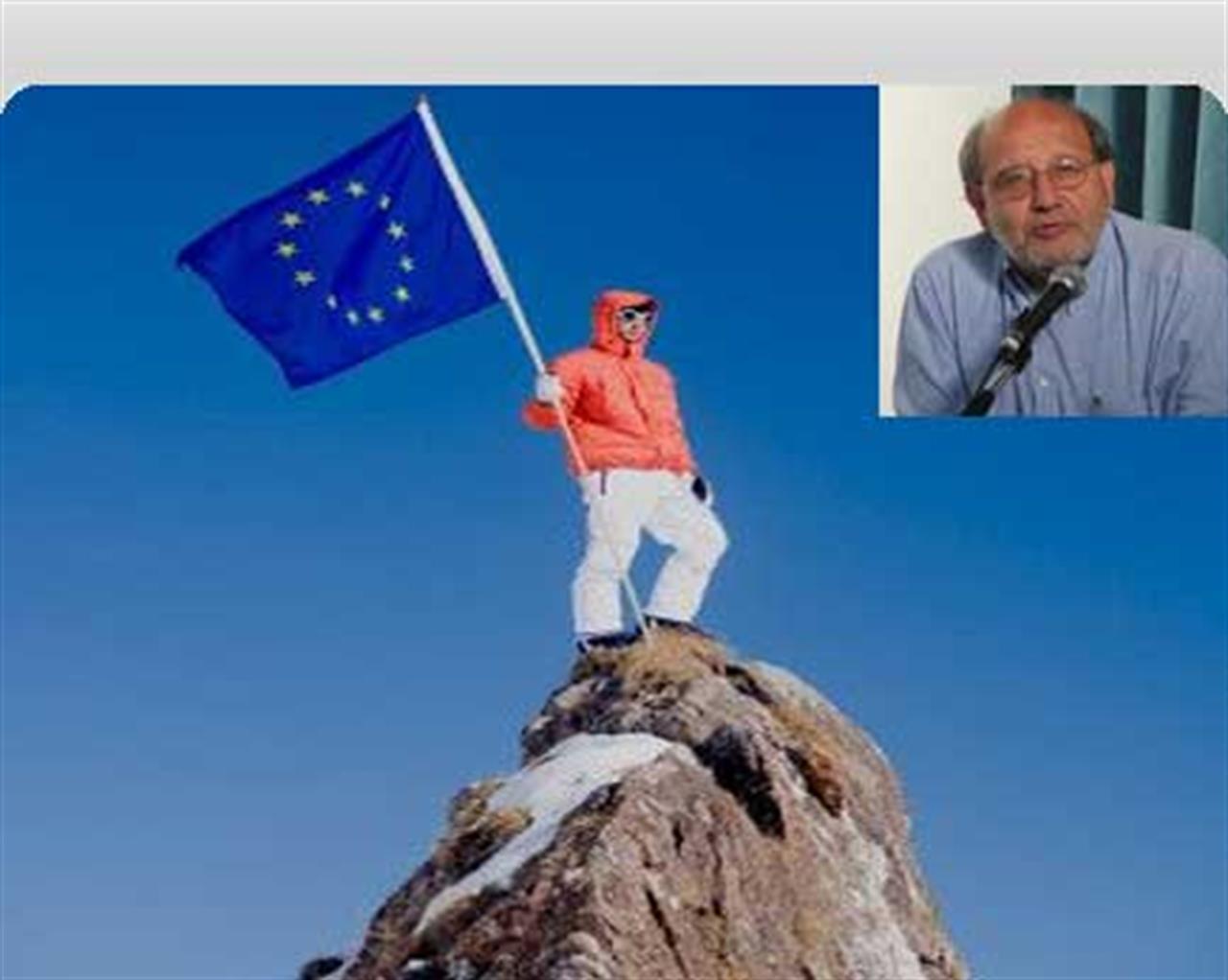Non profit
Lessons from a Eurocrat to civil society
Interview with Pier Virgilio Dastoli, former director of the EU representation to Italy
di Rose Hackman

“European civil society needs to be as transparent and democratic as it asks Brussels institutions to be. Otherwise it will never be credible.”
Pier Virgilio Dastoli, the outgoing director of the European Commission Representation in Italy, in charge since 2003, does not only have nice words to say about the non profit world.
“The networks of non profit organisations representations in Brussels have become large and small bureaucracies, out of touch with their groups back home,” says Dastoli who was in charge of a civil society forum representing over 200 groups in Brussels fro seven years prior to this posting. His advice? Help re-build the relationship between the European capital and its citizens.
Would you say that civil society is underestimating the importance of the institutions?
It is underestimating the fact that, in order to have strong policies, you need strong institutions. The error from the non profit sector has been to concentrate solely on one or other social policy. To lobby for a policy with no existing strong institution though is like doing a kind of petition of principle knowing that no result can come of it.
How can this be resolved?
Civil society needs to work to have a real European government. We have five years before the next elections. This time needs to be used to make national parties indicate who their candidate is for the presidency of the Commission. In turn, this candidate should use his time to indicate how he would like to govern Europe. Beyond this, we need the Commission to have the powers of a government, which means asking ourselves whether the Lisbon Treaty is enough or whether we need to go further in seeking a political Europe.
Were you disappointed of the election results last June?
Considering the fact that the elections were used in all states by national parties to pursue their own national agenda, I’d say it’s quite astonishing that half of Europeans actually went to vote in the first place.
The non profit world, as well as governments complain of excessively bureaucratic institutions, are they right?
Did you know that the amount of European bureaucrats are less than those who work for the Paris commune? The real problem lies with the amount of superfluous national administrations present in Brussels. These people are responsible for taking vast amounts of decisions without consulting the citizens who they claim to be representing.
In your six years as director, did you feel a shift in relations with civil society?
Yes. We definitely strengthened relations by creating a channel for constant dialogue between our offices and civil society. This model – a success – we are trying to export all around Europe.
To me these years in Rome have reinforced the idea that civil society, despite everything, is more aware of the European dimension than its political counterpart.
Will Europe succeed in re-conquering its young?
Yes, but obviously no longer in the way it used to by putting itself forward as a post second world war peace keeper. Instead, it can do so by continuing its message on new relevant issues, such as climate change, the financial crisis or social inclusion. These questions are examples of domains which cannot be effectively resolved by states alone.
17 centesimi al giorno sono troppi?
Poco più di un euro a settimana, un caffè al bar o forse meno. 60 euro l’anno per tutti i contenuti di VITA, gli articoli online senza pubblicità, i magazine, le newsletter, i podcast, le infografiche e i libri digitali. Ma soprattutto per aiutarci a raccontare il sociale con sempre maggiore forza e incisività.
